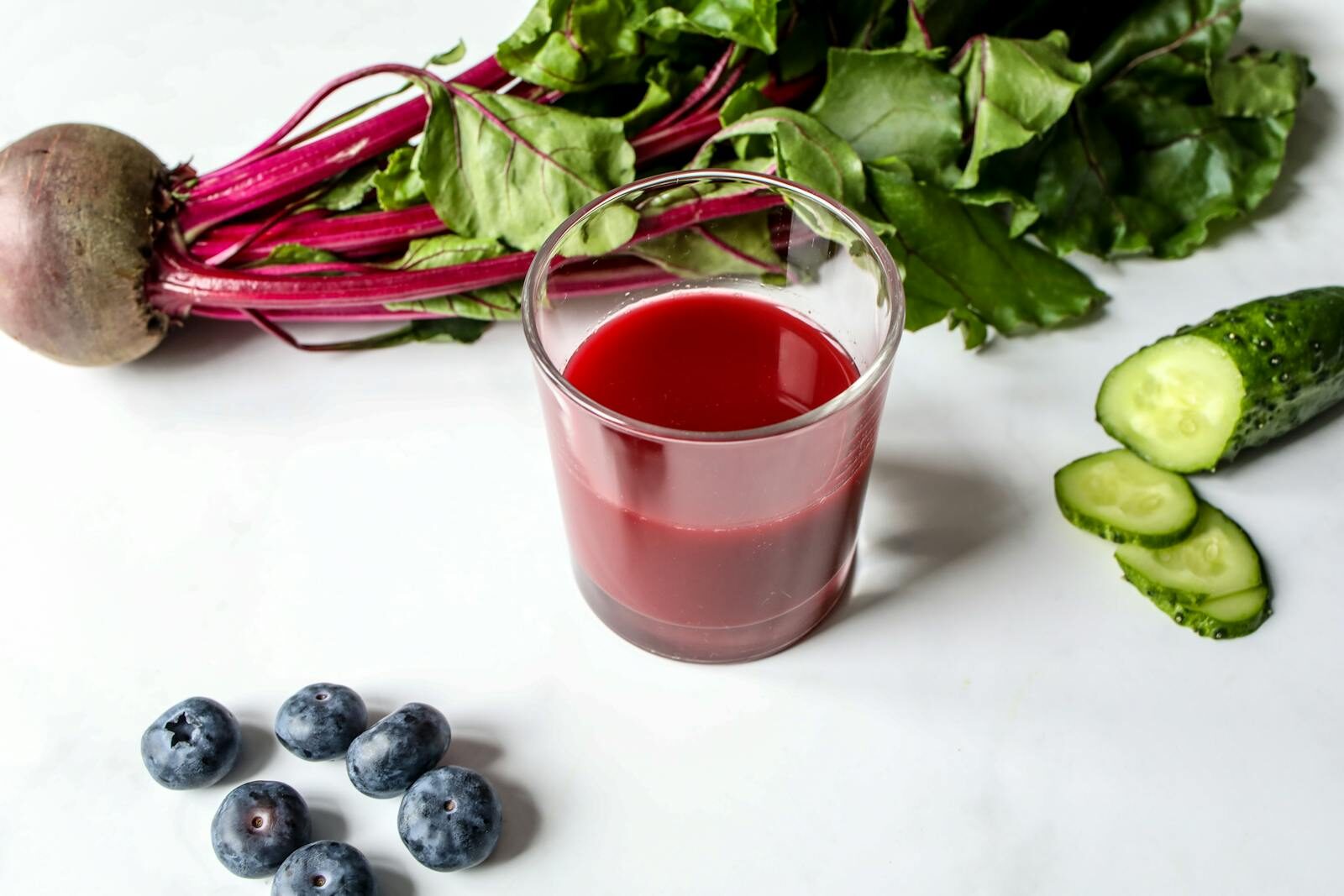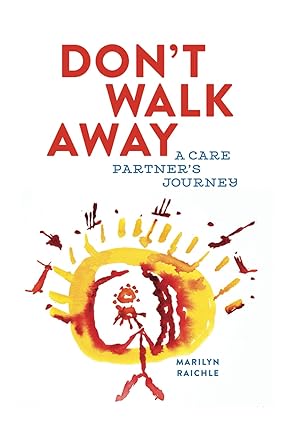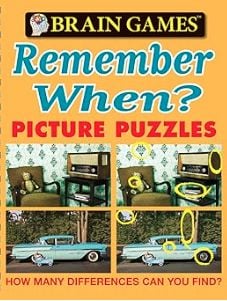
Weekly Quotes


Thought of the Week: I’m With You in This
There is a moral task of caregiving, And that involves just being there… (Posters)

Thought of the Week: Courage Is
Courage is being afraid,But going on anyhow.

What It Take to be an Alzheimer’s Caregiver
This is what it takes To be an Alzheimer’s caregiver.

A Thought on Martin Luther King Day
This week in the USA: Martin Luther King Jr. Day

Alzheimer’s… We need a cure.
Alzheimer’s… So many memories stolen, So many hearts broken… We need a cure. Share this photo to show your support.

Thought of the Week: Loving You
All I want is for youTo forever remember me as loving you. …Click for Pillow, T-shirts, Cards…

Thought of the Week: That Little Candle
How far that little candle throws his beams! So shines a good deed on a weary world. William Shakespeare

Thought of the Week: Every True Person
There is in every true person’s heart a spark of heavenly fire Which kindles up, beams and blazes, In the dark hour of adversity.

Care-Tip 10: Anything & Everything
You can do anything, but not everything.
Recent Stories

My Forgetfulness: Alzheimer’s or Normal Aging?
People worry about becoming forgetful. Is it the first sign of Alzheimer’s or just the passing years? After all, forgetfulness is a normal part of aging. Check out these quick ways to tell the difference.
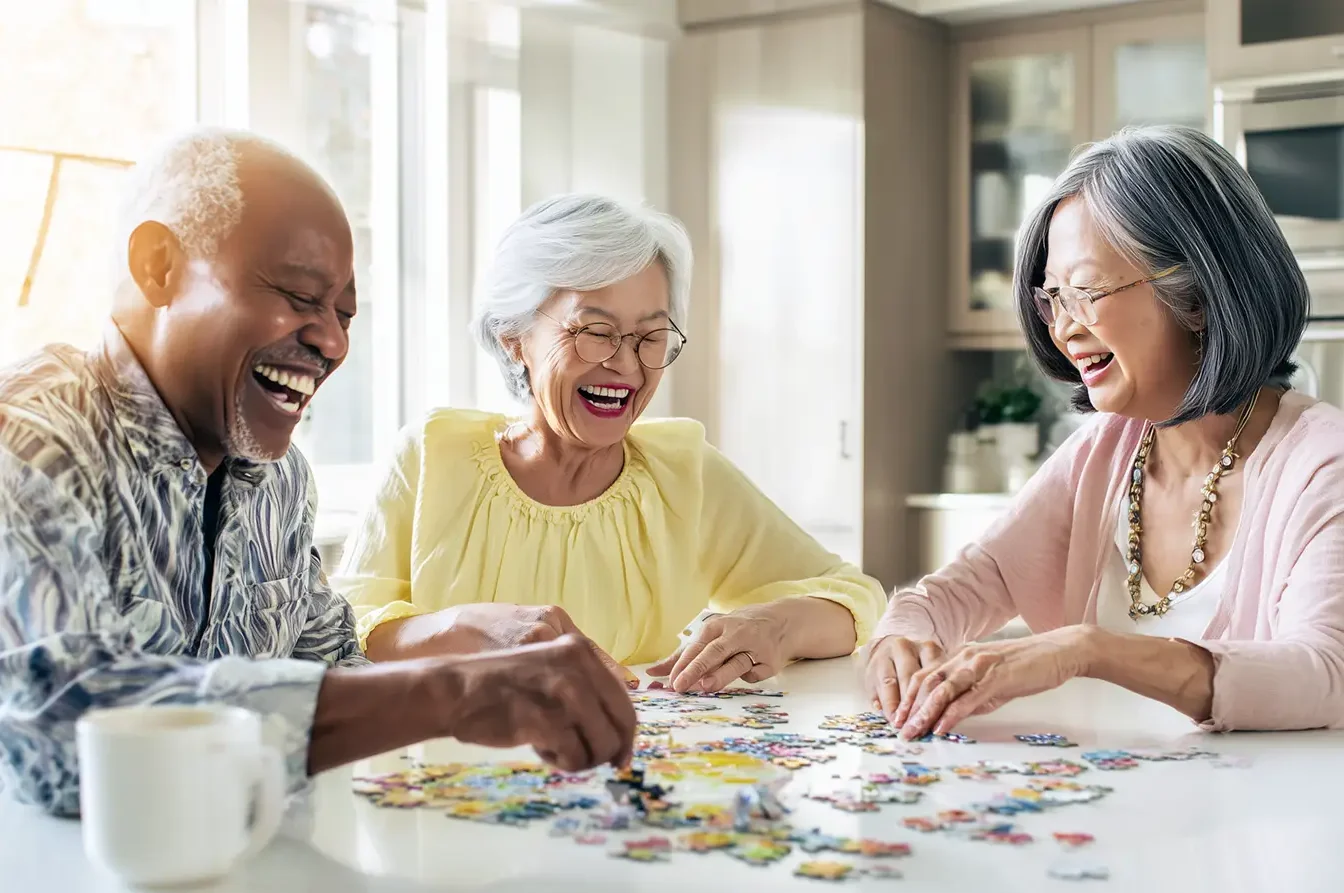
The Power of the Familiar: How In-Home Routines Transform Life with Alzheimer’s
Creating peace, calm and a sense of control over their environment is the best gift to give a person living with Alzheimer’s. Learn all about In-Home Routines.

Financial Problems Can Signal Dementia Onset
Researchers found in a study that people who developed dementia were more likely to have their credit rating drop at least two and a half years before the diagnosis. Some had problems managing their money up to six years before. Find out more.
Most Popular Stories
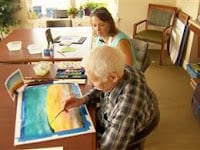
Art Gives Fun and Meaning To Alzheimer’s Patients
The brush strokes are precise, the colors vibrant. See a Colorado art program help patients rise above dementia, while the paintings raise money for The Alzheimer’s Association.

How Physical Activity Turns Back the Brain’s Clock
The protein BDNF builds synapses in the human brain, nurturing brain cells and fighting off dementia. While there is no artificial way of boosting it, social and cognitive activity can.

Poor Memory + Slow Walking = Dementia?
People may not have easy access to sophisticated, expensive dementia tests. A simple test from Einstein Medicine uses a stopwatch and a few questions to determine one’s risk of dementia. The potential payoff could be tremendous for individuals, their families and society.

Eating More Ketones May Fight Alzheimer’s
Ketone-rich diets increase the SIRT3 protein that protects neurons from death during the progression of Alzheimer’s disease. But how does it work? Find out more.
Subscribe To Our Weekly Newsletter
No spam, only news and updates.
Books On This Site
I Am My Father's Keeper
What Does Living with Alzheimer's Feel Like?
5 Communication Tips for Dementia Caregivers
Don't Walk Away from Alzheimer's
The Original Picture Puzzle
Explaining Alzheimer's to Young Children: A Compassionate Guide
The Easiest Way to Sell More Alzheimer’s Books—Week by Week
You Are Not Alone: Dealing with Lewy Body Dementia
The Compassionate Guide to Dementia for Caregivers
Thoughtful Dementia Care - Understanding the Dementia Experience
Social Media
Categories
New Posts
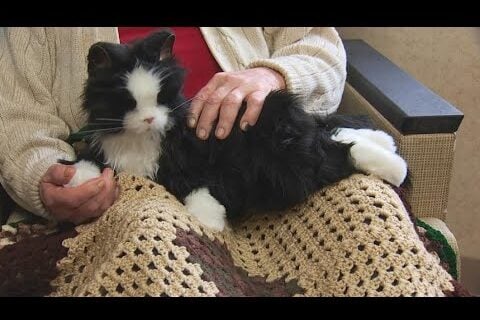
Cuddly Robotic Pet Boosts Mood in Dementia
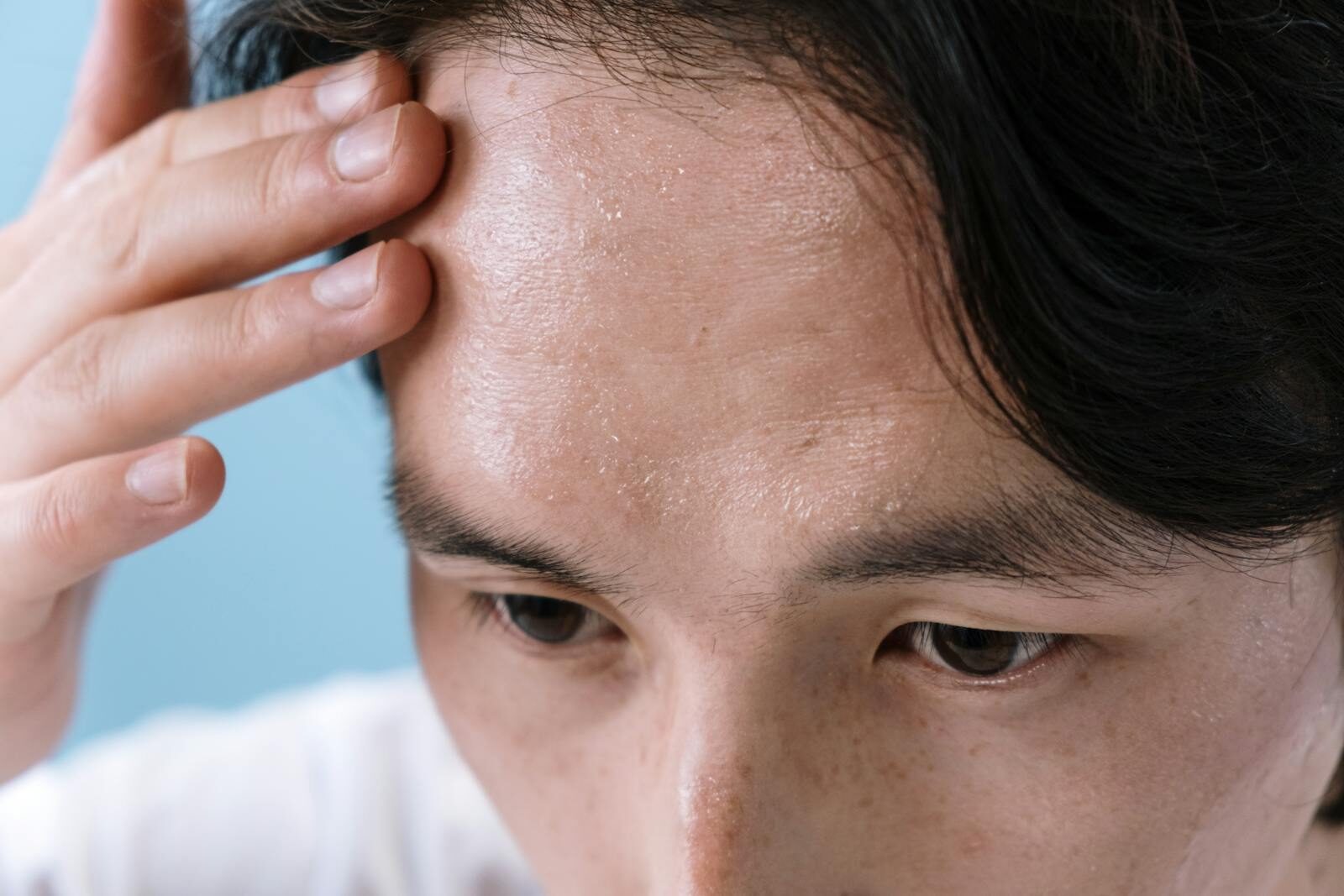
Think It’s Dementia? Good Chance It’s Not
